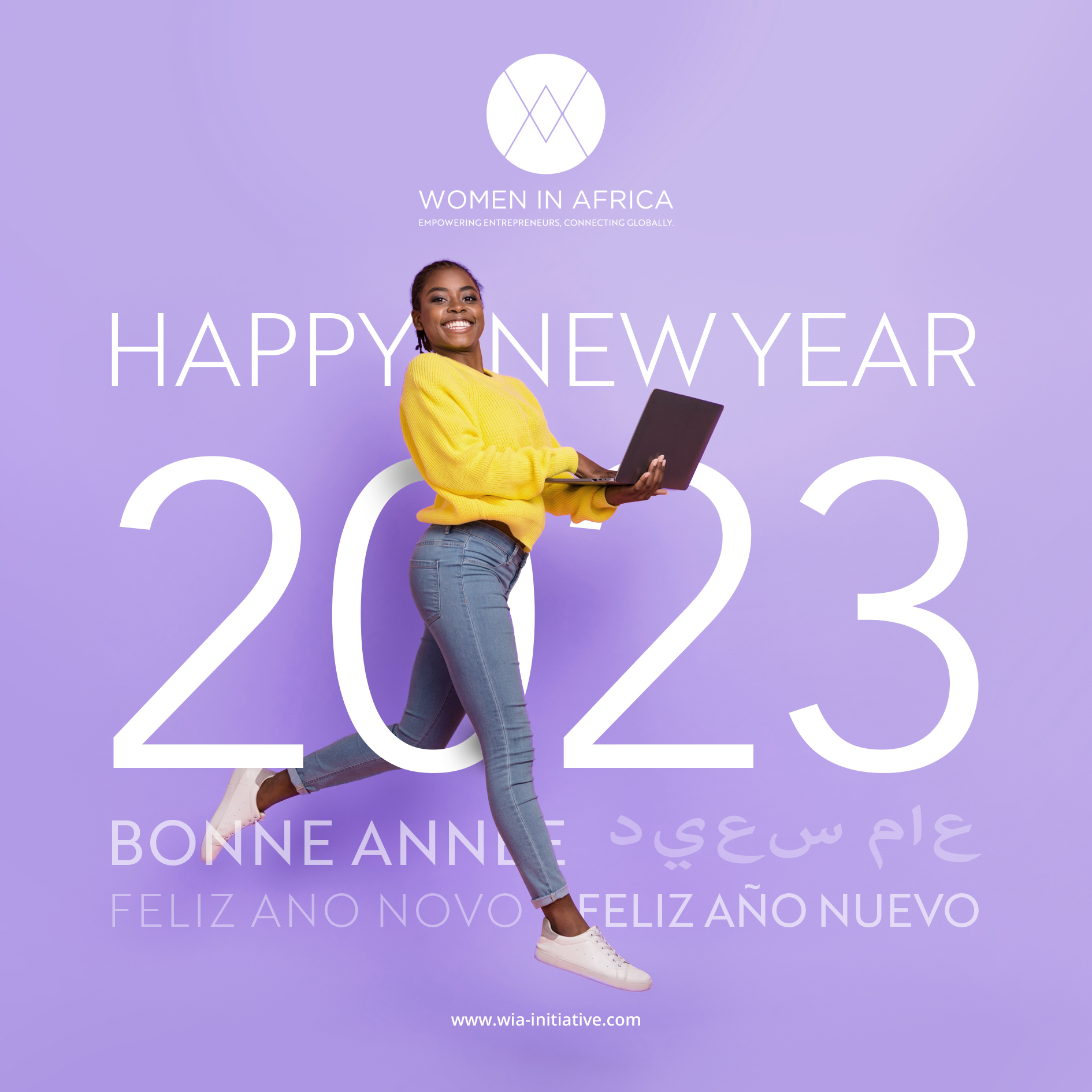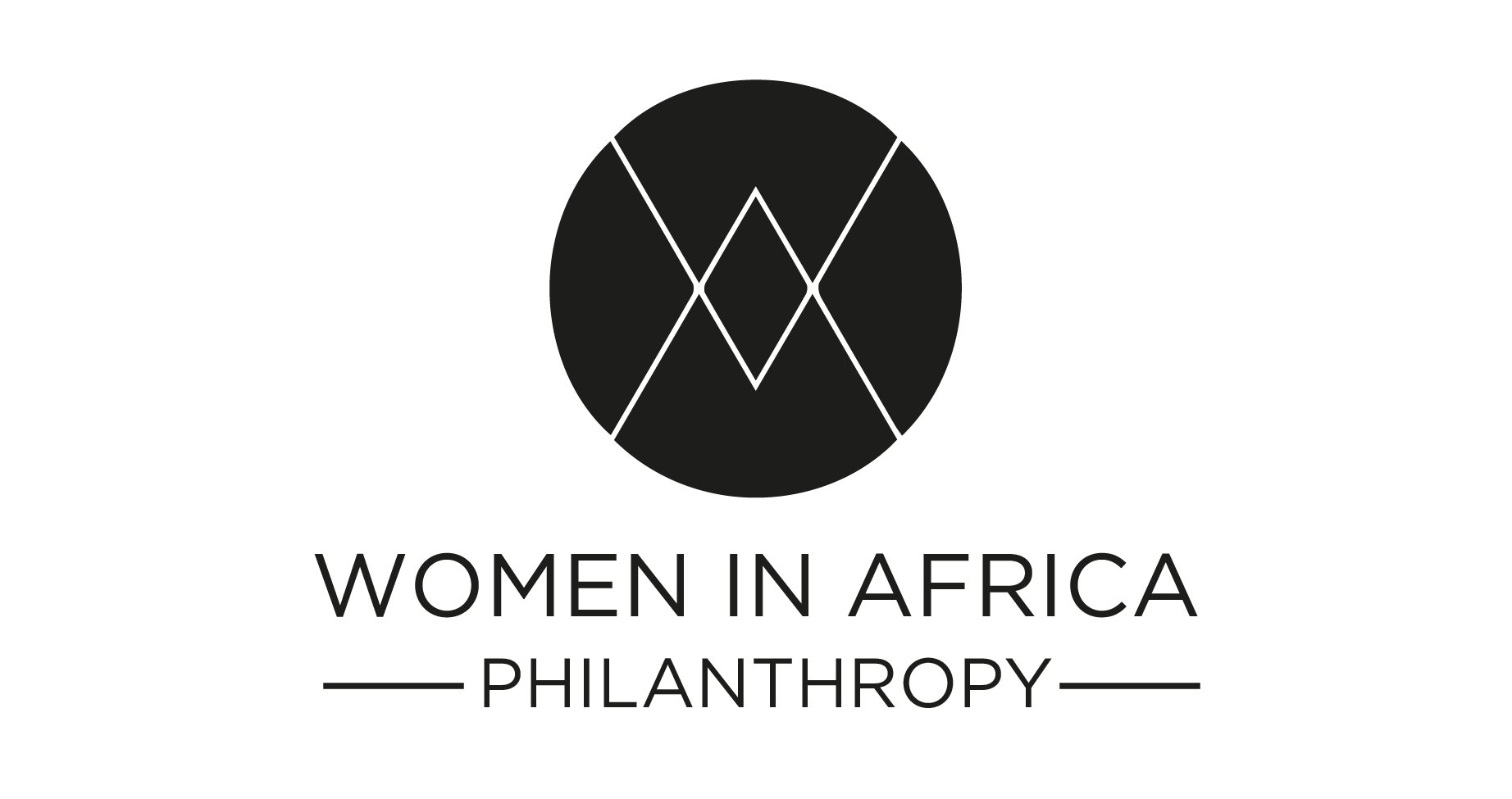“Pandemic. War. Climate.
From the COVID-induced supply chain disruptions of 2020 and 2021; to the war in Ukraine in 2022 and its impact on food exports and energy supply; and accelerating climate change; large scale events are forcing a global reset. Experts point to the emergence of three blocs – one around the European Union; the second in North America around the United States; and a third in Asia around China.
Market. Production. Money.
In Africa, there is rising consensus that the continent must unite. Embodying this consensus is the Africa Continental Free Trade Area (AfCFTA), which came into effect on January 1, 2021, offering a framework for unifying the continent’s 54 countries into a single market. Such an integrated market is the continent’s most promising vehicle to achieve economic diversification. However, as Nigeria’s President, Muhammadu Buhari, noted, that promise depends on ensuring that the unified market facilitates trade in goods and services produced in Africa by Africans.
Tying production and markets together is money. In 2022, Africa saw the introduction of a digital continental payment platform expected to enable the efficient and secure flow of payments in local currencies across Africa borders. At the same time, as the U.S. Federal Reserve increased interest rates, all but one African countries were affected by currency devaluations, making it more expensive for people to import goods. For a continent that imports 85% of its agricultural goods, devalued currencies translated into inflation of food prices, underscoring the structural weakness of Africa’s external trade orientation as a means of achieving food security, job creation and sustainable development.
Rules. Systems. Alliances.
The many challenges and opportunities bring to the fore the African proverb that says: “If you want to go fast, go alone. If you want to go far, go together.” Adapted to our universe of entrepreneurs at Women in Africa, it has become “If African women are to go far, they must go together”. Guided by this understanding, we have been bringing African women founders of startups together to learn from one of the continent’s leading universities; to build their confidence through mentorship organised by cutting-edge consulting companies; and to set ambitious targets of growth for their businesses.
Six years on, we are beginning to see results: an entrepreneur in our program who started with 8 employees in 2020 has grown her business to employ 60 people today. The truth is, the challenging economic environment notwithstanding, increased support directed at women entrepreneurs results in increased success, especially where the women are pooled together into a community where they support one another. Ultimately, the sense of being together with others unlocks their courage to bridge the gaps that are more gaping and solve challenges that are more daunting on the African continent than anywhere else.
In the coming year, we will further build out our eco-system, to welcome the most established women entrepreneurs across Africa, so as to complete the circle. In a world in which a global re-ordering of alliances is taking place; pressured by climate shocks that are expected to force 100 million people from their homes by 2050 on the African continent; starting from 2023, the question we will be exploring is how can we go far, fast?
Thank you for making it possible for us to embark on this journey of discovery and rebirth. Here is to the next chapter!”
Hafsat Abiola
President of Women In Africa


